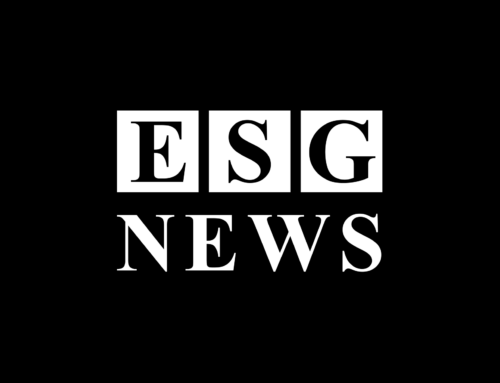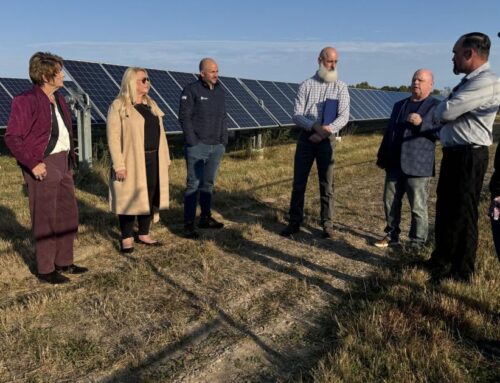Energy Providers Challenge Maryland’s New Consumer Protection Law
October 3, 2024
Several large energy companies have sued to block Maryland’s new law regulating the retail electricity market, claiming it restricts their ability to market renewable energy and violates their First Amendment rights.
The law, set to take effect on January 1, 2025, introduces significant restrictions on how energy providers market renewable energy products.
 Under the new law, retail energy suppliers must source at least 51 percent of their renewable energy credits (RECs) from local or regional sources to label their energy as “green” or “100% renewable.” Companies failing to meet this standard will face civil penalties if they continue to market their products using these terms.
Under the new law, retail energy suppliers must source at least 51 percent of their renewable energy credits (RECs) from local or regional sources to label their energy as “green” or “100% renewable.” Companies failing to meet this standard will face civil penalties if they continue to market their products using these terms.
Maryland’s deregulated energy market, established in 1999 to increase consumer choice, has faced criticism for allowing deceptive practices that target vulnerable residents. Bad actors have exploited the system, leading to years of debate.
The new law represents the State’s effort to address these issues by ensuring transparency and fairness in energy offerings, providing residents with more reliable options.
A Restriction on Clean Energy Marketing
Maryland passed this law to address ongoing issues in the deregulated energy market. It aims to protect consumers from misleading marketing practices while promoting clean energy. However, companies argue that it unfairly limits operations and fails to align with national renewable energy guidelines.
The plaintiffs contend that this law hinders their ability to market renewable energy options that comply with national guidelines established by the US Environmental Protection Agency and Federal Trade Commission.
Historically, retail energy providers could market plans as “100% renewable” by pairing electricity with RECs from renewable sources across the US. Maryland’s new law, however, requires that most of those RECs come from regional sources, which the plaintiffs argue unfairly restricts their operations.
“For decades, retail energy providers have been able to lawfully market clean energy solutions to residential consumers in Maryland, explaining how their products are better for the environment than the service offered by the local incumbent utility, with benefits like combatting climate change,” the lawsuit asserts. It adds that the law will prohibit them from accurately describing these products unless they conform to Maryland’s definition of “green power.”
The Stakes for Renewable Energy Providers
The lawsuit underscores the tension between Maryland’s regulatory goals and the broader national framework for renewable energy. Green Mountain Energy, a subsidiary of Texas-based NRG Energy, argues that this law could drive renewable energy providers out of Maryland, limiting access to clean energy for hundreds of thousands of consumers and pushing them back to more traditional, fossil fuel-based energy suppliers.
The plaintiffs seek a preliminary injunction to prevent the law’s marketing provisions from taking effect. They warn that the law’s limitations could decimate competition in Maryland’s energy marketplace.
Implications for Counties and Local Governments
For Maryland’s county governments, the lawsuit highlights the complex intersection of state regulations, consumer protections, and renewable energy policies. Counties with ambitious climate and sustainability goals could find their clean energy procurement options limited if renewable energy providers exit the market. The broader impact on energy pricing and competition could also affect local government budgets, especially as counties seek to reduce carbon footprints and transition to greener energy sources.
Stay tuned to Conduit Street for more information.
Search
RECENT PRESS RELEASES
Related Post




